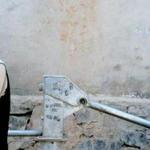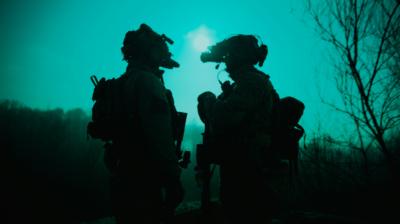Statebuilding in Afghanistan: A Contradictory Engagement
This article lays out a critical perspective on statebuilding in Afghanistan after 2001, arguing that the massive international intervention had inherent contradictions which undermined the prospect of creating an Afghan-owned, liberal new order. Tensions related to the rentier-state condition, local ownership versus international control, and building peace while waging war are examined in detail. It follows from this analysis that the scaling-back of the international presence, now in process, is a necessary precondition for more accountable, autonomous, and sustainable statebuilding. The transition itself may be violent, with intensified competition for power and over new sources of rent. Yet it opens up new space for the Afghans themselves to re-establish a functioning and legitimate state, based on long-term bargains between elites and subjects and a measure of compromise among contesting ethnic and sectarian groups.
https://doi.org/10.1080/02634937.2013.834715






